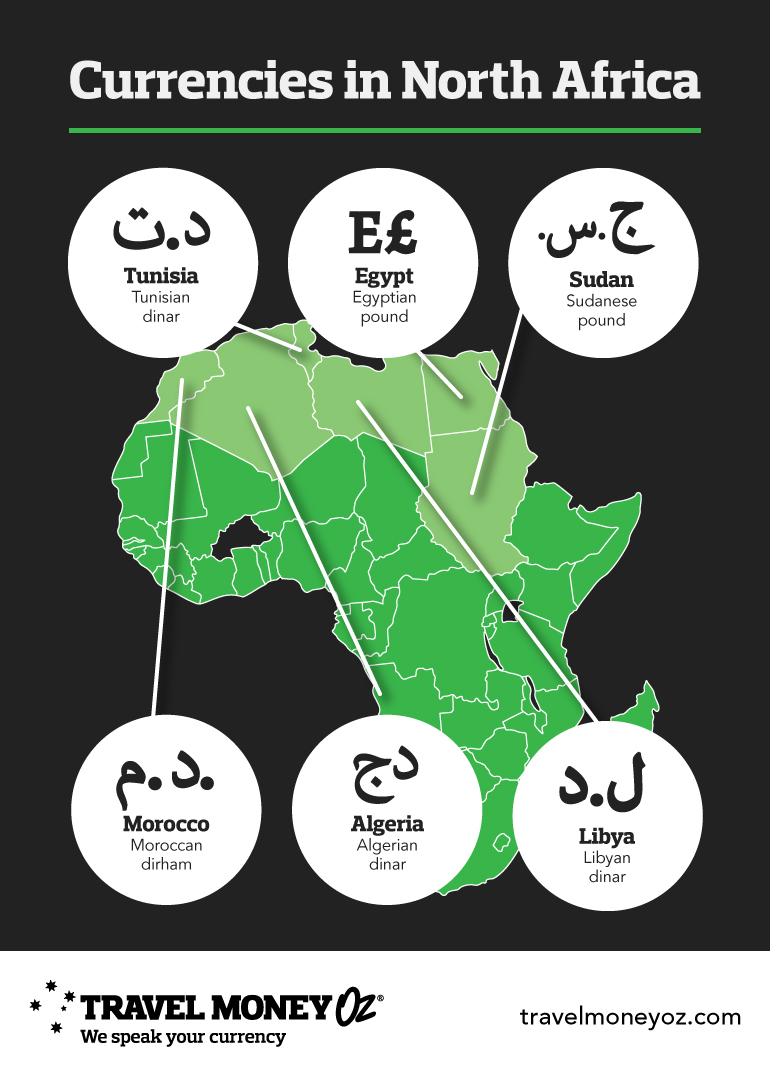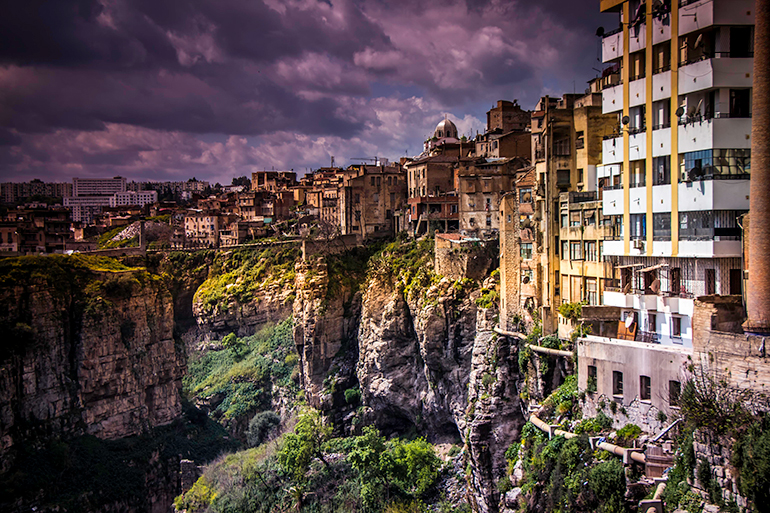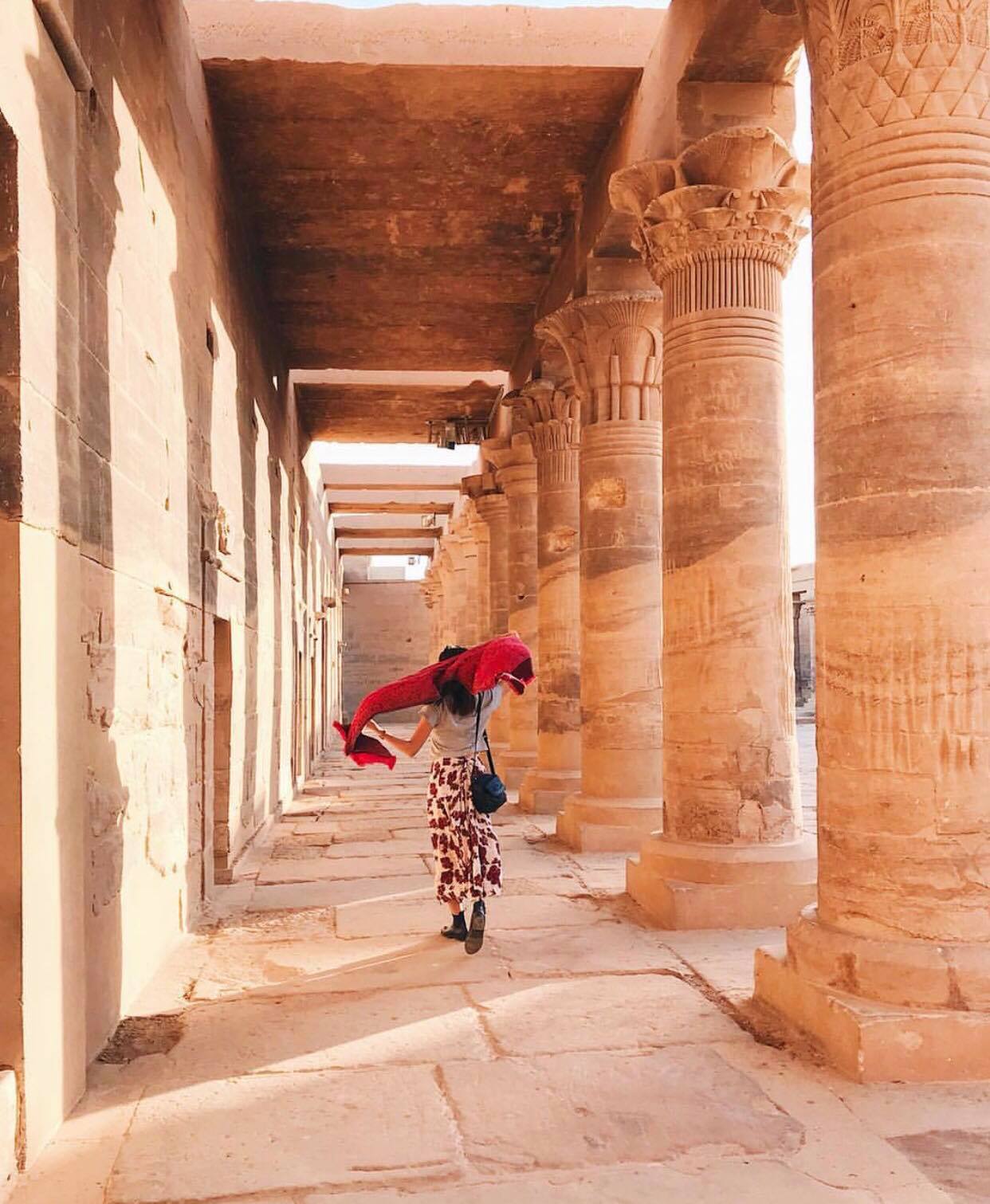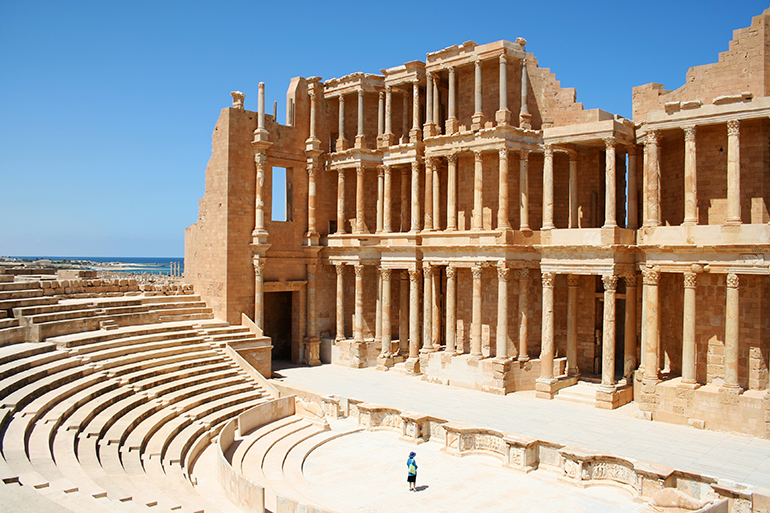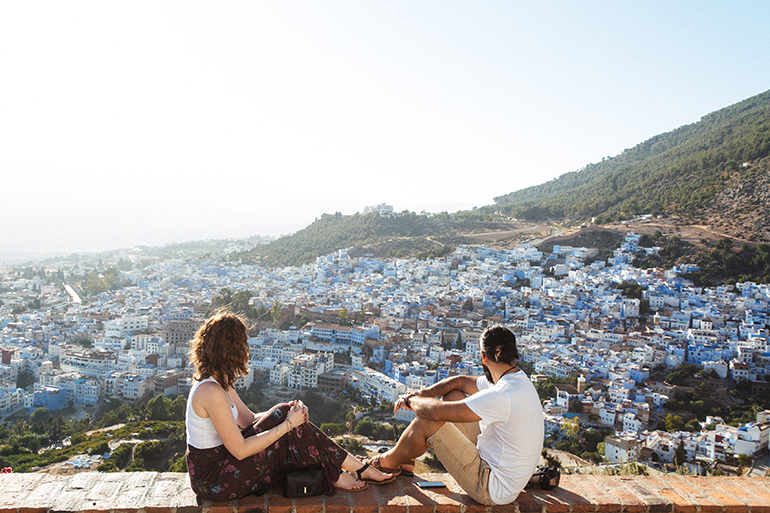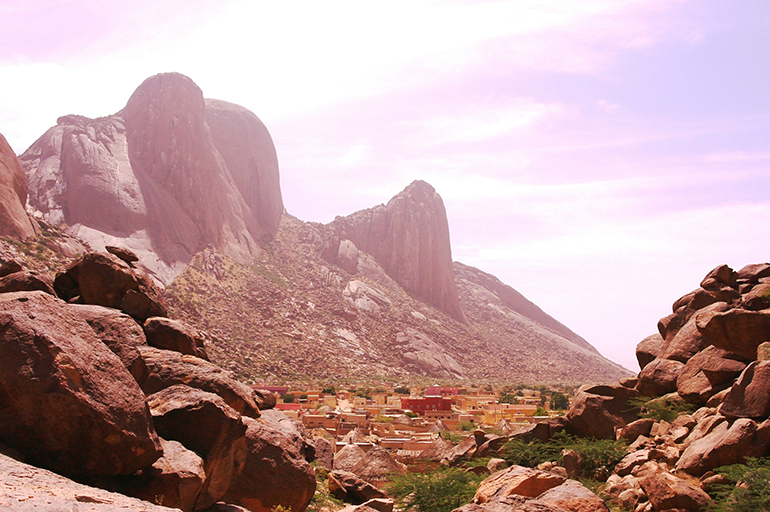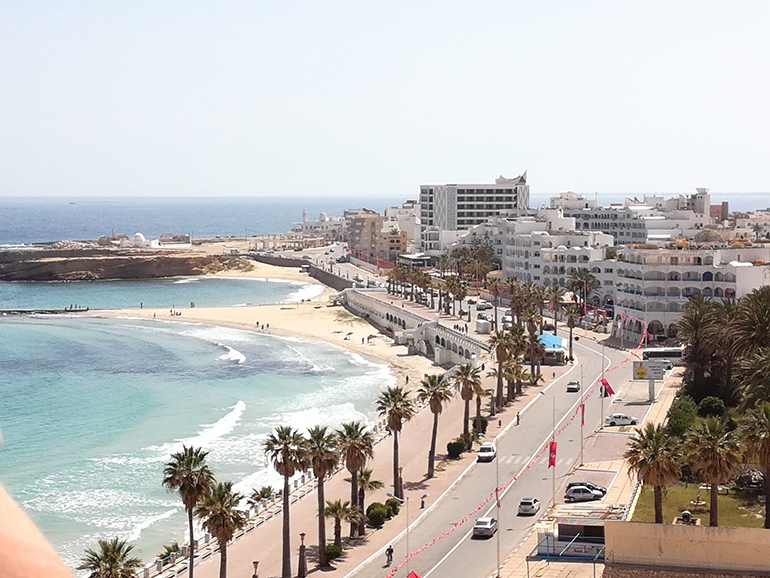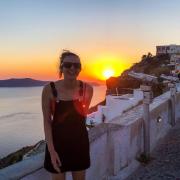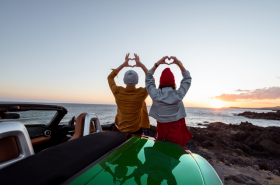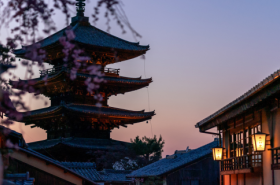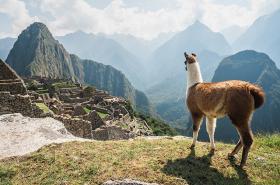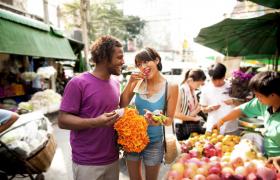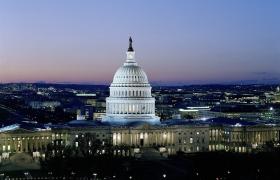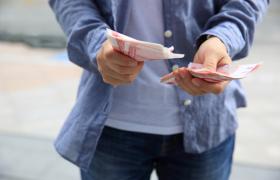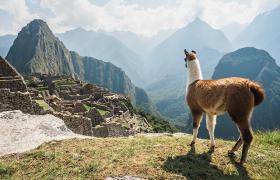Quick Contact

8th March 2019
North Africa is a region shrouded in years of conflict, causing it to be relatively untouched by Aussie travellers. However, ever so slowly the nations of North Africa are becoming more accessible for travellers, allowing them a glimpse into the grandeur of its landscapes.
Algeria
Eighty percent of Algeria is covered by the Sahara Desert which is a huge drawcard for travellers. The north of Algeria does provide some diversity though, with ancient Roman ruins as well as the medina of its capital, Algiers. Tourists can immerse themselves in history at a number of museums or choose to relax at one of the beachside resorts.
Fun fact: Despite 80% of the country being desert, only 12% is uninhabited.
Currency: Algerian dinar (DZD)
Currency facts:
- The diner is divided into centimes. 1 dinar = 100 centimes.
- Cash is king!
- Disclose all foreign currency being brought into Algeria by filling out the official form. You will need to do the same when leaving. This form will also require you to specify the means of payment (notes vs. traveller's checks).
- Avoid the black market when exchanging currency as authorities have very strict regulations.
- It is quite hard to exchange your AUD to DZD whilst in Australia. We recommend either taking GBP, USD or EUR into Algeria and exchanging at a bank when you arrive.
- Banks are open Sunday to Thursday from 9 am - 3:30 pm.
- Cards are only accepted in urban areas, however, there are only two or three functioning ATM’s. They are pretty unreliable, so it is best to have cash on hand at all times.
- When entering the country you can take up to 5000 DZD. You must also declare any more than 1000 Euro or foreign currency equivalent.
Recommendation: Exchange your AUD to USD in Australia. We recommend using the 70/30 rule, with 70 percent of your USD in cash, and the rest loaded onto a Travel Money Oz Currency Pass. Once you arrive into Algeria you are able to exchange the USD to DZD.
Egypt
Walk like an Egyptian into a culture pulsing with a unique mix of ancient and contemporary elements. White deserts, wind-polished rock formations, Pyramids of Giza and the glistening Red Sea are only some of Egypt’s many drawcards. Do not miss the chance to experience Egypt and its stunning desert sunsets for yourself.
Philae Temple. Instagram @kinayeh
Fun fact: Egypt is moving up in the golfing world, boasting around 20 courses - some even have sight of the great pyramids.
Currency: Egyptian pound (EGP or LE)
Currency facts:
- The pound is divided into 100 piastres (mmm, pastry).
- GBP, Euro and USD are accepted everywhere, however, change may be given in EGP.
- Banks are open Sunday - Thursday from 8:30 am - 2:00 pm
- If you need to exchange money whilst over there, you can do it at banks, hotels and official currency exchange locations. Banks often offer the best rates though.
- Most cards are widely accepted, however, cash is king at markets and smaller shops and restaurants.
- You can take up to 5,000 EGP, or 10,000 USD (or foreign currency equivalent)
- Make sure you have $25 USD in cash to process your visa on arrival
- There are plenty of ATMs in bigger cities like Cairo, Aswan, Luxor, Alexandria and Hurghada, but definitely always make sure you have enough cash on hand for markets and street food.
- There is a big tipping culture in Egypt
- You will need some spare change to get into restrooms
Recommendation: Exchange your AUD to EGP at Travel Money Oz. We also recommend loading a Currency Pass with either AUD or USD so you can exchange more if necessary whilst over there.
Libya
Libya remains a country shrouded in international isolation as a result of civil unrest. This is disappointing, as the country’s beauty and diverse landscapes remain untouched by tourists. Libya boasts ruins from ancient civilisations and rolling dunes in the Sahara desert. As it stands, the Australian government advises against all but essential travel to Libya. Here’s hoping the country reaches a point in the future where tourists are able to experience its grandeur.
Fun fact: Libya has five UNESCO world heritage sites.
Currency: Libyan dinar (LYD)
Currency facts:
- The dinar is subdivided into 1,000 dirhams
- Libya is a cash society with cards rarely accepted or used. There are a few reliable ATMs in Tripoli, just be mindful of scams.
- Banks operate from Saturday to Thursday 7 am - 2 pm and 4 pm - 6 pm.
Recommendation: If you need to visit Libya, we recommend exchanging your AUD to EUR or USD at Travel Money Oz. Once you arrive you can then change this into LYD.
Morocco
Morocco is an up and coming destination, currently filling up social media newsfeeds with glorious pictures of souks, caftans and chaotic spice markets. Experience the Sahara, practice your haggling on market days in medinas and immerse yourself in the intricately vibrant culture.
Fun fact: You can use public hammam’s (like a Turkish bath) to wash off the coating of Moroccan dust you acquire during a day of sightseeing.
Currency: Moroccan dirham (MAD)
Currency facts:
- The dirham is divided into 100 centimes.
- You can use ATMs in larger towns
- Banking hours:
- Monday - Thursday 08:30 am - 12:30 pm.
- Friday 08:30 am - 12:00 pm and 3 pm - 6:30 pm
- You can take up to 2,000MAD into Morocco. If you are taking foreign currency, you can take up to 100,000 MAD equivalent.
- Ensure you keep any receipt from foreign exchange in the country.
Recommendation: Purchase your MAD from Travel Money Oz. We can also help you load up your Currency Pass with EUR or AUD, perfect for you to use whilst in Morocco or exchange for more MAD if required.
Sudan
Sudan is home to Dinder National Park where incredible animals roam wild, the Red Sea and the Omdurman camel market. Despite its incredible natural features, the country’s tourism is tarnished by a large level of civil unrest.
Fun Fact: You are able to take part in a number of watersports on the Red Sea, including swimming, diving on coral reefs, and fishing.
Currency: Sudanese pound (SDG)
Currency facts:
- The SDG is divided into 100 piasters
- Both Arabic and English names for denominations appear on banknotes and coins.
- Banking hours: Saturday - Thursday 8:30 am - 12 pm
- We recommend having plenty of cash and avoiding any reliance on card transaction.
- It is prohibited to export or import SDG. Instead, take USD and exchange when over there.
Recommendation: Grab your USD from Travel Money Oz. Once you arrive in Sudan you can then exchange this to SDG.
Tunisia
Tunisia is North Africa’s smallest country. Despite its size, it is packed with Roman ruins, medieval medinas, French boulevards and beautiful beaches. Unlike some of its Arabic counterparts, Tunisia is more relaxed when it comes to the purchase of alcohol, as well as Women’s rights.
Fun fact: Parts of Star Wars episodes I and IV were filmed in the Tunisia deserts.
Currency: Tunisian dinar (TND)
Currency facts:
- The dinar is divided into 1000 millimes
- There are ATMs in most towns and tourist resorts
- Banking hours:
- Winter: Monday - Friday 8am - 4pm
- Summer: Monday to Friday 7:30am - 1pm
- When entering you can take up to 100 TND. You will need to declare if you are taking more than 5000 TND equivalent in another currency.
- It is forbidden to take any TND out of the country, so you will need to exchange or spend it before you leave
- Take EUR, GBP or USD as an alternative.
Recommendation: Visit your local Travel Money Oz and load up on USD or EUR. Take the majority as cash that you can exchange whilst over there. It is also worthwhile loading some onto a Currency Pass to avoid the security risks associated with carrying large amounts of cash.
This blog is provided for information only and does not take into consideration your objectives, financial situation or needs. You should consider whether the information and suggestions contained in any blog entry are appropriate for you, having regard to your own objectives, financial situation and needs. While we take reasonable care in providing the blog, we give no warranties or representations that it is complete or accurate, or is appropriate for you. We are not liable for any loss caused, whether due to negligence or otherwise, arising from use of, or reliance on, the information and/or suggestions contained in this blog.
We recommend you consult Smart Traveller, as well as a travel agent, prior to booking or visiting any of these countries.
